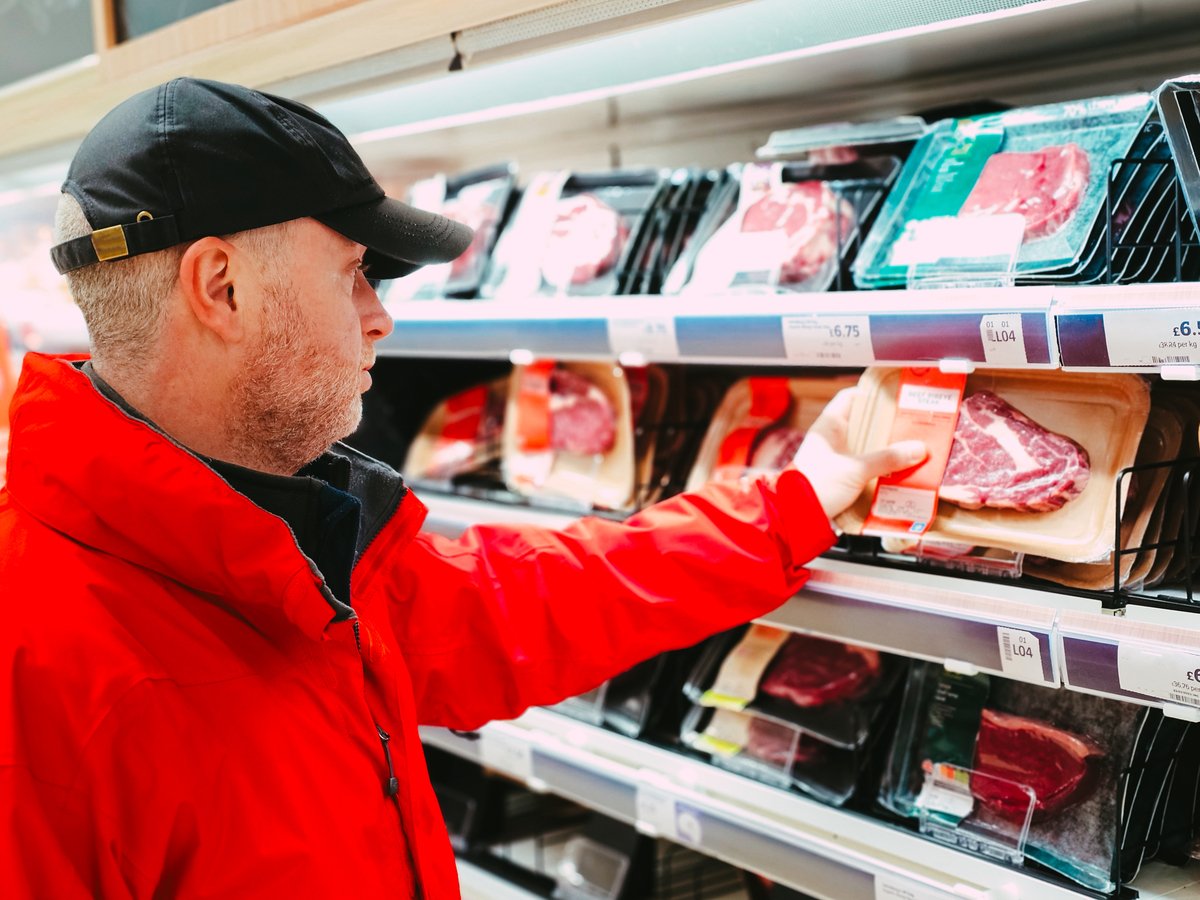Investors were not optimistic about Beyond Meat's (BYND +3.33%) chances heading into earnings day. One oft-repeated question: With the coronavirus pandemic shutting down so many restaurants, schools, and other foodservice providers, how would Beyond Meat fare, given that 51% of its sales come from selling plant-based meats to such establishments?
Answer: Actually, quite well.

Is it a hamburger, or is it Beyond Meat? Image source: Getty Images.
Reporting Q1 2020 earnings on Tuesday, Beyond Meat boasted of a 141% year-over-year increase in revenue to $97.1 million. It also reported $0.03 per diluted share in honest-to-goodness net income -- the company's second profitable quarter ever.
The key to the company's success, of course, was sales growth, and growing sales to retail customers through grocery stores in particular. Although foodservice sales grew 156% in the U.S., retail sales grew even faster.
In its report, Beyond Meat highlighted a marked slowdown in foodservice sales "in the latter half of March ... as a result of the ongoing COVID-19 health crisis." The slowdown was so great that, for this one single quarter at least, the balance of sales of the company's fake meat products flipped from 51% foodservice, 49% retail, to 58% favoring retail versus 42% for foodservice.
The difference in growth rates was especially pronounced internationally, where sales of Beyond Meat's plant-based products exploded 4,944% higher in Q1, while sales through foodservice channels grew only 57%.
The longer this coronavirus crisis drags out, the more pronounced investors can expect this disparity to become. With restaurants still mostly closed, Beyond Meat will need to emphasize grocery store sales more than ever. Fortunately, in its earnings report, management noted that it's been selling its product for a "lower net price per pound" lately.
If there's one thing consumers like, it's a bargain. Putting Beyond Meat products on sale in the grocery aisle could be key to keeping this company's growth engine going.






